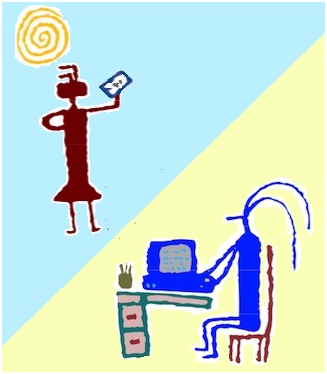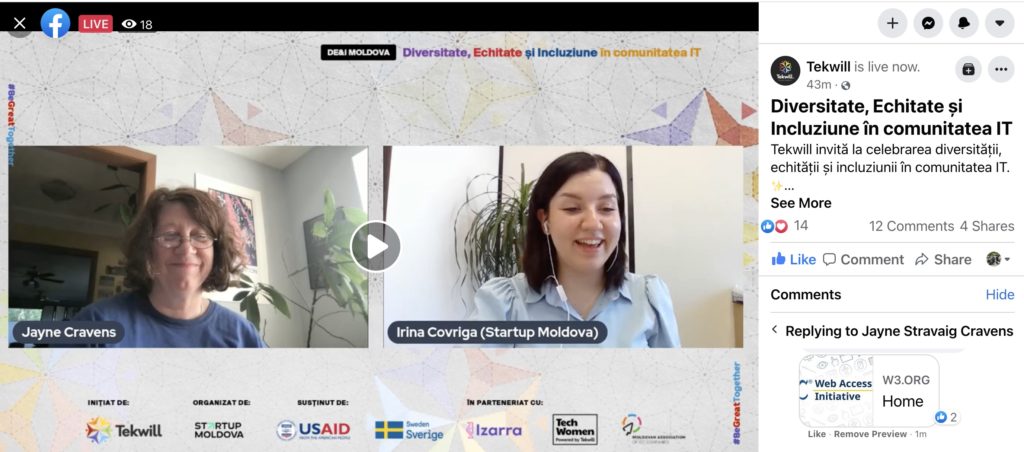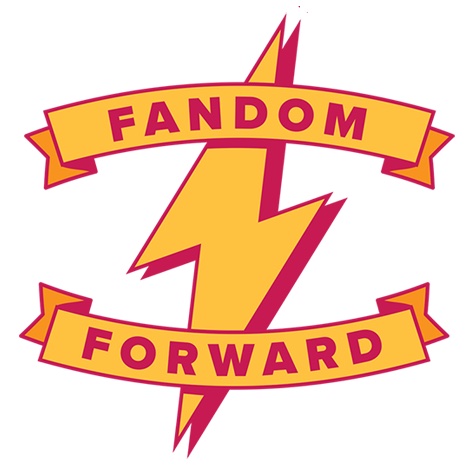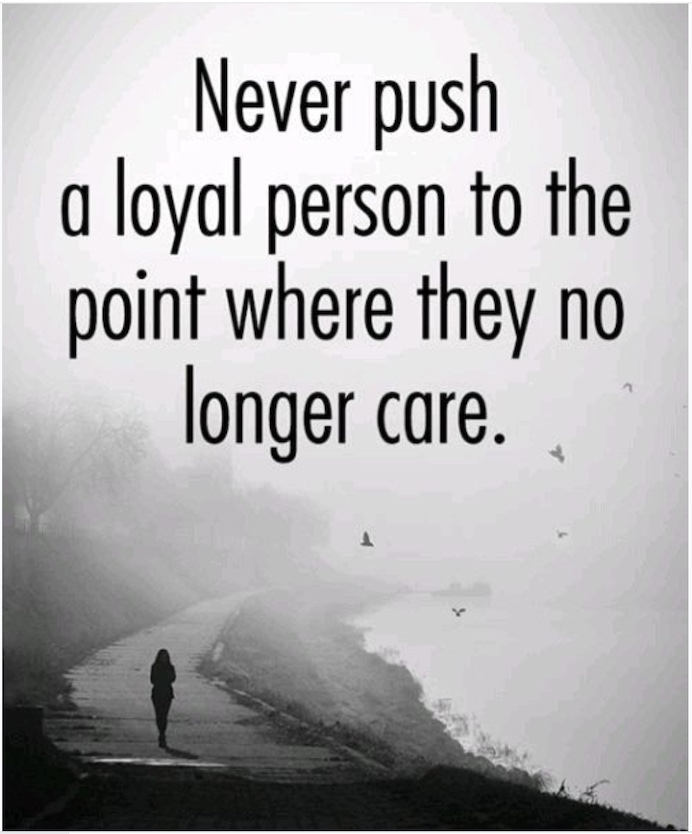In the early days of the Virtual Volunteering Project back in the 1990s, I used telecommuting manuals, combined with guidelines and best practices for working with traditional, onsite volunteers, to develop the initial materials to advise organizations on how to create roles and tasks for online, remote volunteers.
I’m reminded of that as I read Deriving Long-Term Strategic Advantage from Mandated Telecommuting, a December 17, 2020 article from the American Management Association.
Here’s an excerpt:
Rapid changes due to the COVID-19 pandemic gave leaders little time to make strategic decisions in preparation for the anticipated recession, while forced telecommuting added significant challenges and pressures. Executives were forced to reboot established policies and practices even as they fought to keep businesses afloat…
…there are opportunities for companies to emerge from this crisis stronger and more agile, especially among those that can quickly adapt to the realities of remote work. The most successful leaders in this new era will prove able to fully embrace the new normal, strategically reorient their management practices, and drive efficiency through more purposeful meetings, while ensuring that any fears about the future of work don’t hinder potential and progress…
Even as leaders anticipate the business environment “returning to normal,” they need to accept that the new world will likely look very different from the one before. Significantly, remote work will be much more accepted, even preferred, as organizations and leaders begin to acclimate…
Adjusting to this new reality is less about making telecommuting work during self-quarantine, and more about determining how it will best function even after the pandemic is behind us. This will require that leaders understand the development of telecommuting-focused policies and practices as more than just temporary measures. Such thinking will help them adapt in ways beyond learning how to conduct videoconferences, as just one example. They’ll benefit from considering the much larger picture, including how to engage employees, ensure productivity, build and sustain culture, and maintain focus, all while people continue to work from home.
End excerpt.
This could so easily be rewritten for the nonprofit world:
Rapid changes due to the COVID-19 pandemic gave leaders at nonprofits, public sector agencies and other mission-based programs little time to make strategic decisions in preparation for the anticipated recession, while forced telecommuting for staff, virtual volunteering for volunteers and remote engagement with clients and the community added significant challenges and pressures. Executives were forced to reboot established policies and practices even as they fought to keep their programs afloat…
…there are opportunities for nonprofits, public sector agencies and other mission-based programs to emerge from this crisis stronger and more agile, especially among those that can quickly adapt to the realities of remote work and remote engagement. The most successful leaders in this new era will prove able to fully embrace the new normal, strategically reorient their management and engagement practices, and drive efficiency, while ensuring that any fears about the future of work don’t hinder potential and progress…
Even as leaders anticipate the work and program delivery environment “returning to normal,” they need to accept that the new world will likely look very different from the one before. Significantly, remote work and remote engagement will be much more accepted, even preferred, as organizations and leaders begin to acclimate…
Adjusting to this new reality is less about making telecommuting, online engagement and virtual volunteering work during self-quarantine, and more about determining how these will best function even after the pandemic is behind us. This will require that leaders understand the development of telecommuting-focused, virtual volunteering-focused and remote engagement-focused policies and practices as more than just temporary measures. Such thinking will help them adapt in ways beyond learning how to conduct videoconferences, as just one example. They’ll benefit from considering the much larger picture, including how to engage employees, volunteers and clients/the community, ensure productivity, build and sustain culture, and maintain focus, all while some people continue to work from home and online/remote engagement continues with clients and the community.
It’s a terrific article – just remember how to translate it for the mission-based world. Virtual volunteering will continue at all the thousands of organizations where it did before the pandemic – let’s hope organizations new to the concept, who embraced the concept so late, will realize virtual volunteering has made them stronger, more agile, and better prepared for new generations of volunteers.

If you want to deeply integrate virtual volunteering into your program and expand your engagement of online volunteers, such as in an online mentoring program or other scheme where online volunteers will interact with clients, you will not find a more detailed guide anywhere than The Last Virtual Volunteering Guidebook. Purchasing and readin the book is far, far cheaper than hiring me as a consultant or trainer regarding virtual volunteering – though you can still do that!

If you have benefited from this blog or other parts of my web site or my YouTube videos and would like to support the time that went into researching information, developing material, preparing articles, updating pages, etc. (I receive no funding for this work), here is how you can help.







